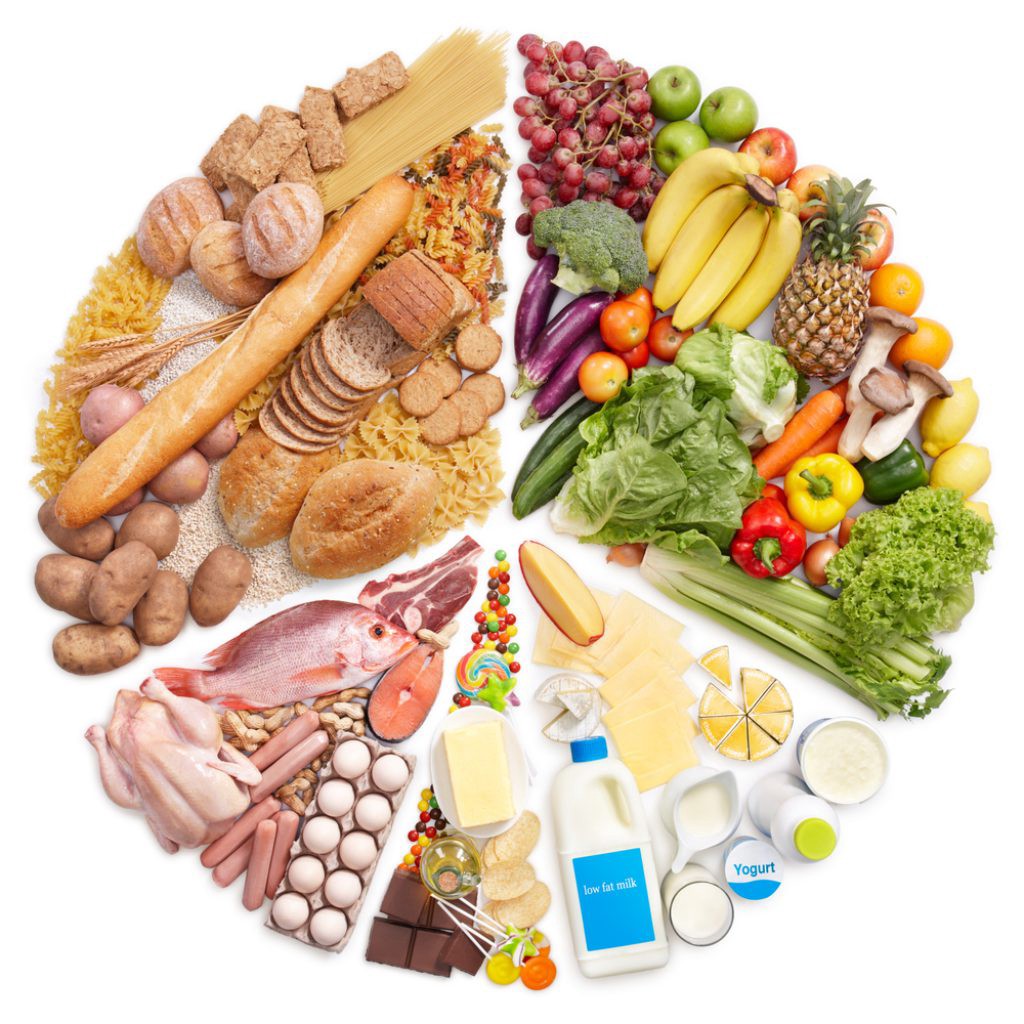Introduction
Diet and well-being go beyond physical health. It includes mental clarity, emotional stability and a feeling of balance. A nutritious diet that is rich in vitamins, minerals and antioxidants, can have a profound impact on both mind and body. This guide highlights eight mind-body benefits that eating healthily can bring.
1. Mental Clarity and Improved Cognitive Function
A balanced diet is essential for optimal brain performance and function. Essential nutrients such as the omega-3 fatty acid found in fish like salmon and sardines, and antioxidants in fruits and vegetables play a crucial role in neural communication, neurotransmitter syntheses, and neuroplasticity, or the brain’s ability adapt and learn.
- Omega-3 Fatty acids: Studies indicate that omega-3s improve memory, attention and cognitive function. These fatty acid are vital for the health of neurons and brain cells.
- Antioxidants: Fruits and vegetables rich in antioxidants such as vitamin C, E and beta-carotene protect brain cells against oxidative stress, inflammation and cognitive decline.
2. Improved Mood Regulation & Emotional Well Being
Foods rich in nutrients can have a positive impact on mood, mental stability and emotional stability. Diets rich in whole grains, lean protein, complex carbohydrates and healthy fats help stabilize blood sugar and support neurotransmitter levels in the brain, which are critical factors in mood regulation.
- Complex carbohydrates: Whole grains such as oats or brown rice promote a stable mood and energy throughout the day.
- Production of Serotonin: Some foods contain tryptophan, an amino acid precursor that leads to serotonin. This neurotransmitter regulates moods and promotes feelings such as happiness and wellbeing. Turkey, nuts, seeds and bananas are examples.
3. Reduced Risk for Mental Health Disorders
There is increasing evidence that there is a link between the quality of diet and mental health. A diet high in fruits, vegetables and whole grains as well as lean protein and healthy fats can reduce the risk for mental disorders like depression, anxiety and schizophrenia.
- Gut-Brain Connection: Gut microbiota is crucial for brain health and mood regulation. A healthy and diverse gut microbiome is supported by a balanced diet, which influences neurotransmitter and immune function.
- Inflammation & Mental Health: Chronic inflammatory conditions, which are often associated with poor diets (e.g. high sugar or processed foods), can increase the risk of depression. Antioxidant-rich food helps to combat inflammation and supports overall mental health.
4. Stress Resilience and Coping mechanisms
A healthy diet contains essential nutrients to support the body’s resilience and stress response. In times of stress, nutritional requirements increase. A balanced diet is therefore essential to maintain physical and mental well-being.
- B Vitamins: Foods high in B vitamins, such as leafy greens and legumes (e.g. whole grains, leafy vegetables, legumes) help adrenal function, which helps the body to cope with stress. B vitamins play a role in the production of energy and neurotransmitters.
- Magnesium: Foods rich in magnesium (e.g. nuts, seeds, and spinach) can help reduce stress. Magnesium deficiencies have been linked with increased anxiety and stress.
5. Sleep Quality and Regulation
Restorative sleep is promoted by a healthy diet. Some foods are rich in nutrients that promote sleep and relax the body.
- Tryptophan & Melatonin: Foods high in tryptophan, such as turkey, nuts, and milk, can increase serotonin, which is converted to melatonin, a hormone that regulates the sleep-wake cycle.
- Complex carbohydrates: Consuming complex carbohydrate (e.g. whole grains, beans) at dinner can promote serotonin and regulate sleep patterns.
6. Improved energy levels and physical endurance
Our diet has a direct impact on our energy, performance and vitality. A balanced diet contains the nutrients and fuel necessary for optimal cell function, muscle repair and sustained energy.
- Complex carbohydrates: Whole grain, fruits and vegetables are a good source of glucose. This is the main fuel for your brain and muscles. Complex carbohydrates help maintain energy levels throughout the day and reduce energy crashes.
- Lean proteins: Foods rich in protein (e.g. lean meats and fish, beans, and legumes) promote muscle growth and repair, and improve physical endurance.
7. Support Immune Function and Resistance
Foods that are rich in nutrients strengthen the immune system, allowing the body to better fight infections and illness. The immune system is influenced by vitamins (e.g. vitamin C, D), mineral (e.g. zinc, iron) and antioxidants that are found in fruits and vegetables.
- Vitamin C: Vitamin C is found in citrus fruits, berries and leafy greens. It boosts the immune system and protects from oxidative stress.
- Zinc: Zinc is found in nuts, seeds and whole grains. It supports the immune system and wound healing.
8. Long Term Health and Disease Prevention
Early adoption of a healthy lifestyle reduces chronic disease risk and helps to maintain long-term good health. Consuming nutrient-rich food regularly supports cardiovascular health, bone strength, and overall life expectancy.
- Heart health: A low-fat diet, rich in vegetables, fruits, whole grains and lean protein, reduces the risk for heart disease, hypertension and stroke.
- Bone health: Foods high in calcium and vitamin D, such as dairy products, leafy vegetables, and fortified dairy products, support bone density, and reduce the risk osteoporosis.
How to incorporate healthy eating habits into your daily life
- Plan ahead and prepare meals: Plan a variety of balanced meals to ensure nutrient sufficiency and variety. You can save time by using meal preparation techniques. They also promote healthy eating habits all week long.
- Eat a Variety: Try to eat a varied diet, including fruits, vegetables and whole grains. Include different colors and textures in your diet to maximize the intake of nutrients.
- Stay Hydrated : Drink lots of water all day long to support digestion, metabolism and overall hydration. Water, herbal teas or infused waters are better alternatives to sugary drinks.
- Mindful Eating Practice: Pay close attention to hunger cues and fullness signals, and eat more slowly to enjoy flavors and improve digestion. Reduce distractions at meals to improve mindful eating.
- Moderation is not deprivation. Treats can be enjoyed in moderation but with an eye on your overall diet. Maintain a healthy lifestyle by balancing indulgences and nutrient-dense foods.
Conclusion
Eating healthy has many benefits beyond physical health. They include cognitive function, emotional wellbeing, stress resilience and overall quality. Prioritizing a healthy diet that includes fruits, vegetables and whole grains as well as lean proteins and healthy fats can help individuals achieve optimal mental and physical health. Healthy eating habits are a proactive way to improve your health, support long-term goals and enhance the mind-body relationship. Include nutrient-rich food and practical tips in your daily routine for a healthy diet that will improve your mental clarity and physical vitality.




